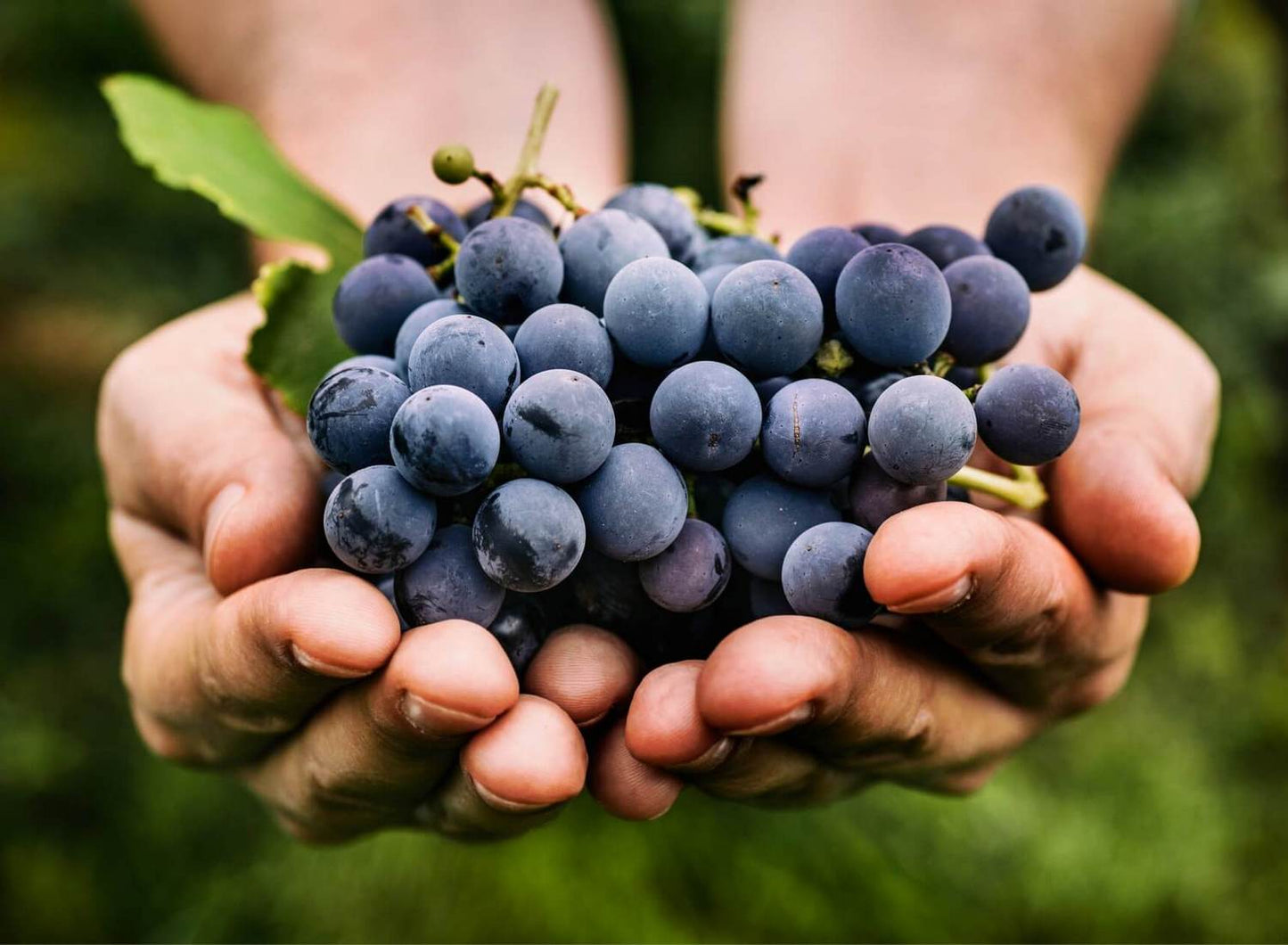
In recent years, consumers have shown an increasing interest in sustainable and environmentally friendly products, including wines. Biodynamic and organic wines are two distinct approaches to wine production that align with these values. While both focus on natural practices, they have significant differences in philosophy, methodology, and certification. In this article, we will explore the key dissimilarities between biodynamic and organic wines, shedding light on how they contribute to sustainable winemaking.
Organic Wines:
Organic wines are produced using grapes grown without the use of synthetic fertilizers, pesticides, herbicides, or genetically modified organisms (GMOs). The main goal of organic farming is to promote biodiversity, conserve natural resources, and minimize the negative impact on the environment. Organic certification varies by country, but it generally involves strict regulations and regular inspections to ensure adherence to organic practices.
Key Points:
Biodynamic Wines:
Biodynamic winemaking takes organic principles a step further, incorporating spiritual and holistic practices that view the vineyard as a self-sustaining ecosystem. This approach was developed in the 1920s by philosopher Rudolf Steiner and emphasizes the interconnectedness between the vineyard, cosmos, and lunar cycles. Biodynamic practices seek to harmonize the vineyard's energies and follow a planting and harvesting calendar based on lunar and astrological influences.
Key Points:
Sustainability and Environmental Impact:
Both biodynamic and organic wines contribute positively to the environment by avoiding synthetic chemicals and promoting biodiversity. They prioritize soil health and sustainable farming practices, reducing pollution and preserving ecosystems.
Taste and Quality:
While the choice between biodynamic and organic wines often comes down to personal preference, some enthusiasts argue that biodynamic wines exhibit a unique and expressive taste due to the holistic approach in the vineyard. However, it's essential to recognize that taste is subjective, and both types can produce high-quality wines.
Conclusion:
In summary, both biodynamic and organic wines exemplify the commitment of winemakers to sustainable, environmentally responsible practices. Organic wines adhere to strict guidelines, avoiding synthetic chemicals and GMOs, while biodynamic wines incorporate spiritual and cosmic aspects to create a self-sustaining ecosystem. Both approaches produce exceptional wines with unique characteristics, offering consumers the opportunity to support environmentally conscious viticulture while enjoying a diverse range of high-quality wines.
